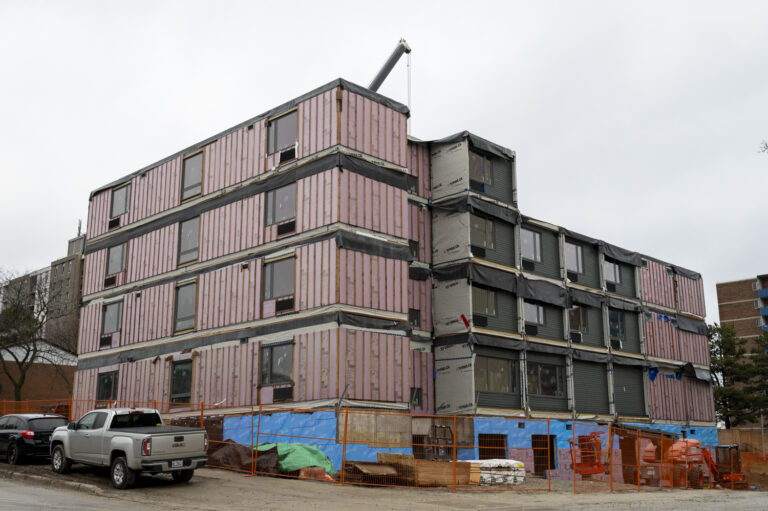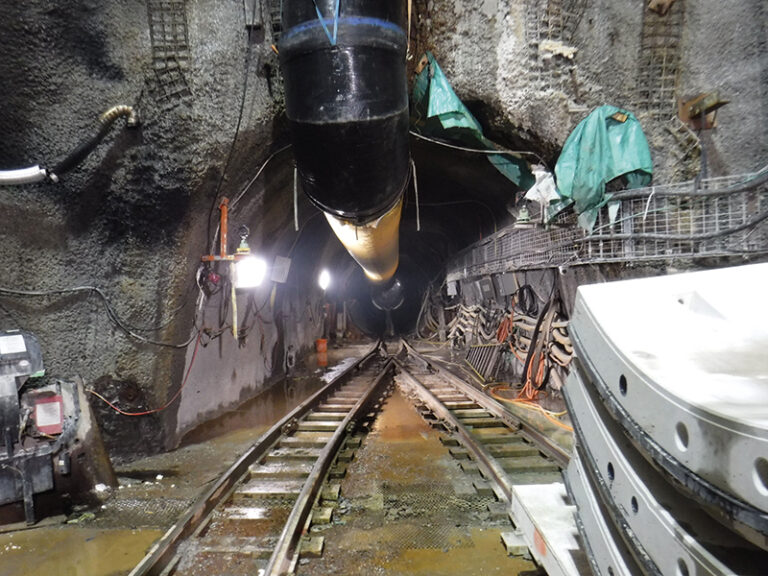By James K. Little and Natasha R. Rodrigues
Targeted at improving systemic late payment and dispute resolution problems in the construction industry, security of payment legislation (focused on prompt payment and adjudication) has been either tabled or enacted in various provinces across Canada following its introduction in Ontario in 2016. Below we provide a brief status update of the development of prompt payment and adjudication legislation in various Canadian provinces.
Ontario
Ontario was the first province to enact prompt payment and adjudication legislation, which came into force on October 1, 2019. The amendments to the former Construction Lien Act “modernize the construction lien and holdback rules; help make sure that workers and businesses get paid on time for their work; [and] help make sure payment disputes are addressed quickly and painlessly.” This legislation was built upon foundations from the security for payment legislative movement that has blossomed across the world in countries such as the United Kingdom, Australia, New Zealand, Singapore, Malaysia and others.
Ontario’s legislation introduces adjudication and prompt payment in conjunction with construction lien-based security—a novel approach as compared to other jurisdictions. Ontario set the tone for prompt payment by requiring payment within 28 calendar days of receipt of a “proper invoice.” The legislation also has flow down payment requirements (e.g., within seven calendar days) as well as statutory requirements for delivering a notice of non-payment prior to set off. It includes detailed adjudication provisions that work in conjunction with prompt payment in an effort to streamline resolution of construction disputes of all sizes.
While in place in since October 2019, it is still in a nascent stage. Time will tell how adjudications develop and whether they become more prominent in Ontario. We can expect more details on this development from the Ontario Dispute Adjudication for Construction Contracts (ODACC).
Manitoba
Manitoba developed Bill 28: The Prompt Payment for Construction Act, which received its first reading on March 16, 2022. This bill adopts a number of provisions from Ontario’s Construction Act.
Bill 28 introduces prompt payment and adjudication provisions requiring an owner to pay a contractor no later than 20 days after a contractor’s proper invoice is approved. A contractor would then subsequently be required to pay its subcontractors and suppliers within seven days of receiving payment from the owner or 27 days after the subcontractor’s proper invoice is approved. If an owner or general contractor defaults on a payment by the prescribed deadline, the party who is owed the money (the contractor or subcontractor) may suspend the work 10 days after it has provided written notice. Bill 28 in its current form also includes an interim adjudication regime in accordance with regulations. As currently drafted, Bill 28 contains one of the most aggressive timelines for payment across Canada.
Saskatchewan
On March 1, 2022, The Builders’ Lien (Prompt Payment) Amendment Act, 2019 in the province of Saskatchewan came into force, introducing prompt payment and adjudication regimes which, like Ontario, coexist with the province’s lien regime.
There, the trigger for payment is the submission of a “proper invoice” to the owner, which requires an owner to pay a contractor within 28 days unless the owner submits a notice of non-payment in the prescribed form within 14 days. Once a contractor receives payment, the contractor must then provide payment to its subcontractors within seven days of receiving payment.
The Builders’ Lien (Prompt Payment) Amendment Act, 2019 also introduces an adjudication regime overseen by the Saskatchewan Construction Dispute Resolution Office. The new legislation sets out the matters that may be adjudicated, including: the valuation of services or materials provided under the contract; payment under the contract, including in relation to a change order; failure or refusal to certify substantial performance; and any other matters that the parties agree to.
Alberta
On August 29, 2022, Bill 37: Builders Lien (Prompt Payment) Amendment Act 2020 came into force, which prescribes timelines and rules for payment and liens in the construction industry and introduces the province’s new Prompt Payment and Construction Lien Act. Alberta’s new legislation provides a 28-calendar day timeline for an owner to pay a contractor after receiving a proper invoice. However, if an owner disputes a proper invoice, the owner may provide notice of dispute, which includes reasons for non-payment to the contractor within 14 calendar days after receiving the invoice. After it receives the funds from the owner, the contractor is then required to pay its subcontractors within seven days.
Alberta’s new legislation also introduces streamlined adjudication governed by a yet to be named or assigned Nominating Authority. The Prompt Payment and Construction Lien Act permits a party to a contract or subcontract to refer a dispute to adjudication, so long as no party has commenced an action in court with respect to a dispute. The new regulations detail the matters that can be adjudicated, including valuation of services under a contract, including a proposed change order; payment under the contract or subcontract; and disputes that are subject to a notice of non-payment.
Nova Scotia
In Nova Scotia, though it received royal assent on April 12, 2019, Bill 119: Builders’ Lien Act (Amended) never came into force. Most recently on October 18, 2022, the province of Nova Scotia introduced new legislation, which is aimed at “making sure that members of the construction industry are paid promptly for the work they do.” As of the time of writing, the further amended Builders’ Lien Act passed its Second Reading on October 19, 2022 and is scheduled to appear before the Law Amendments Committee and Committee of the Whole House before it proceeds to Third Reading.
New Brunswick
Despite the public and industry interest in prompt payment legislation, the province of New Brunswick has yet to introduce prompt payment or adjudication legislation to the province.
In July 2019 and April 2020, the Legislative Services Branch of the Office of the Attorney General of New Brunswick issued law reform notes targeted at possible reform of the Mechanics’ Lien Act by modernizing the existing legislation as well as introducing prompt payment and adjudication mechanisms in two distinct phases. In the first of these two phases, the Construction Remedies Act as well as the related Regulation 2021-81 came into force on November 1, 2021, and include modernization of lien, holdback, and substantial performance provisions of the existing legislation.
Federal
At the federal level, though not yet in force, the Federal Prompt Payment for Construction Work Act received royal asset on June 21, 2019. This federal legislation creates a prompt payment regime for public construction projects at the federal level. This is substantively similar to those in the province of Ontario, by using receipt of a “proper invoice” as the trigger for the payment scheme, which is enforced by adjudication. The regulations related to this legislation are still under development.
Conclusion
Various provinces across Canada have, or are in the process of, implementing prompt payment and adjudication regimes in an effort to facilitate timely payment throughout the construction pyramid. It is increasingly clear that prompt payment and adjudication mechanisms are changing the construction landscape in Canada, and we look forward to continuing to follow the progressive change to our industry.
[This article originally appeared in the January/February2023 edition of ReNew Canada.]
James K. Little is a Partner in the Construction and Infrastructure Practice Group at Singleton Urquhart Reynolds Vogel LLP.
Natasha R. Rodrigues is an Associate in the Construction and Infrastructure Practice Group at Singleton Urquhart Reynolds Vogel LLP.
Featured image: (GETTY IMAGES)












